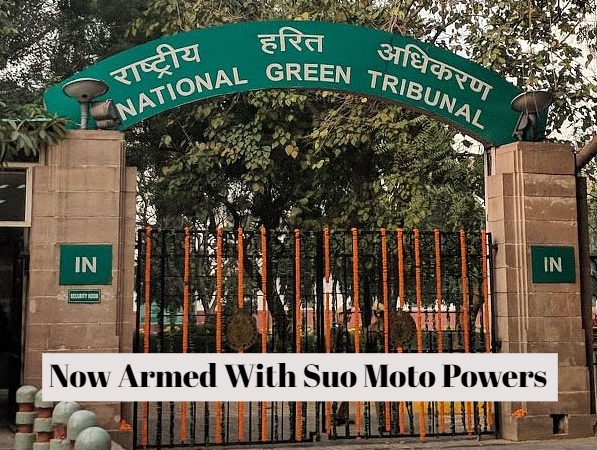

By Sunil Garodia
First publised on 2021-10-13 09:55:46
The Supreme Court made it clear that the National Green Tribunal (NGT), a body set up to employ the law to stop damage to the environment, is empowered and capable of initiating action on its own if any violation comes to its notice without any formal complaint being lodged. The apex court said that "where adverse environmental impact may be egregious, but the community affected is unable to effectively get the machinery into action, a forum created specifically to address such concerns should surely be expected to move with expediency, and of its own accord."
This order recognizes three important things: one, that a forum created to prevent damage to the environment cannot be a mute spectator and wait for a formal complaint if it knows that such damage is happening; two, that the community might not always be able to effectively move to prevent such damage; and three, that speed is of essence in such cases.
Let us take the last point first. If the damage starts happening and is reported in the media, if the NGT waits for a formal complaint, irreversible damage might happen by that time. Hence, with speed of action being of utmost importance, the NGT will have to move suo motu to try and stop the damage. Further, although activists and NGOs are now extra vigilant and move the NGT without delay if environmental damage is reported to them there is always a chance that many events escape scrutiny. Hence, the suo motu power of the NGT is a potent tool for the forum to exercise its powers and stop such damage.
Not everyone is happy with the NGT, though. While the government accuses the NGT of exceeding its brief and issuing 'non-technical' orders and demanding more power and perks, the tribunal rues the fact that it is not taken seriously by the government and many times no one appears at hearings without a valid reason. Some activists also accuse the tribunal of dragging its feet on big cases and hyping the smaller one. But there is little doubt that the NGT disposes cases speedily when compared to the judiciary. Although there is a huge backlog of cases in the NGT too, that is more due to the fact that there has been a phenomenal rise in the number of cases being filed. Instead of treating the NGT as a stumbling block to development as it sometimes stalls projects over environment issues, the government will do well to go by NGT orders and strike a balance between development and environment, while the tribunal would do well to dispose of big cases speedily and issue more orders based on technical issues. It must not let the judicial members dictate terms as the very nature of the body demands that the expertise of its technical members is put to efficient use in deciding matters.











